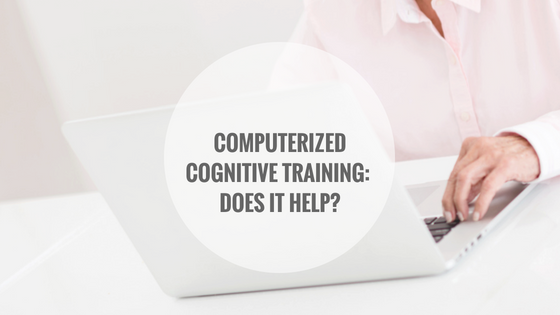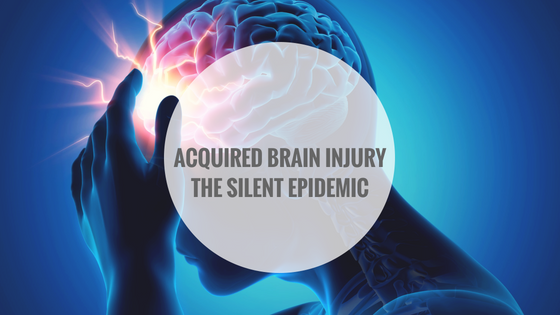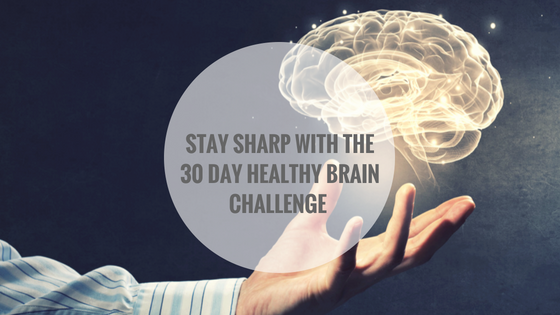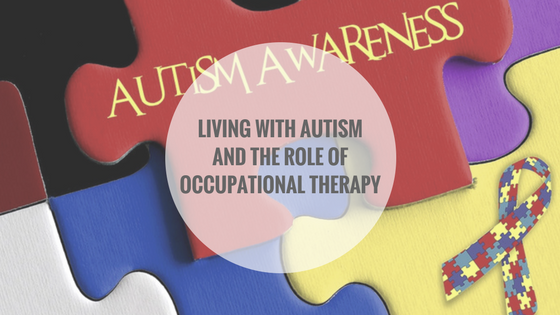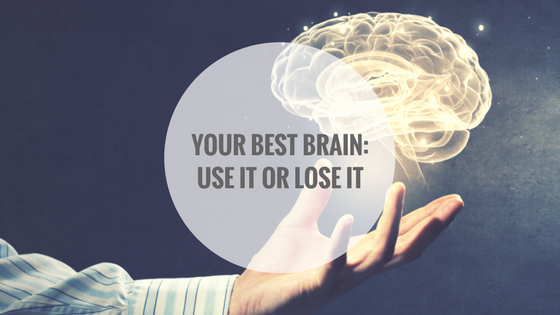The old cliché is true when we talk of cognition – “use it or lose it”.
Our brains are made of billions of neurons, which interact with each other to complete specific tasks. Signals are sent from one neuron to another along neural pathways, and these determine our thoughts, emotions, insights, and so much more. Each task relies on a different neural pathway, so the pathway for reading a book is different than the pathway for putting on our shirt. The more we use a pathway, the stronger the connection becomes.
These neurons have the ability to physically change themselves when faced with new and difficult experiences. This ability is called neuroplasticity. As we are exposed to new areas, tasks, information or experiences, neural pathways are formed and existing ones are reshaped. This will continue throughout our entire lives as we learn. As we have experienced through practicing a musical instrument, memorizing our shopping list or recalling a friend’s phone number, if we consciously focus and train our brains in a certain area, they will become faster and more efficient at performing those tasks.
Just as we need to exercise the muscles in our body, we also need to exercise our brain.
Some great ways to keep “work up a cognitive sweat” include:
- Online cognitive training programs and apps
- Playing board games
- Reading books
- Completing puzzles such as a daily crossword or Sudoku
- Learning a new language or skill
- Getting artistic
Try our 30 Day Healthy Brain Challenge to help you find other ways to boost your brain and prevent cognitive decline.


